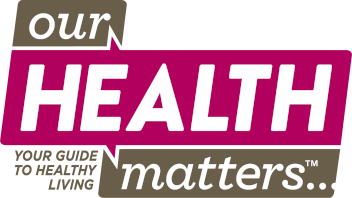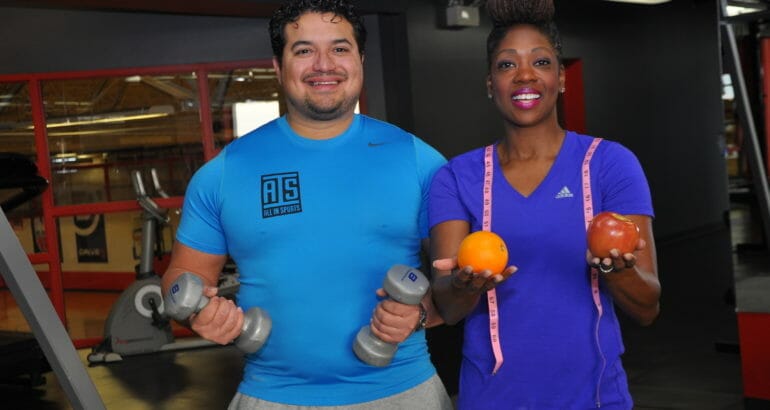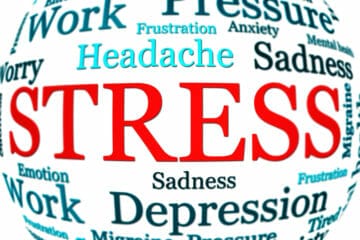Food and Exercise Keys to Bone Health
Jonathon Rios, ACE, CSCS
One of today’s biggest issues in health has to do with the strength of our bones. Especially with bone density (strength) declining in our body as we age.
Why is bone health important?
Your bones are continuously changing — new bone is made and old bone is broken down. When you’re young, your body makes new bone faster than it breaks down old bone, and your bone mass increases. Most people reach their peak bone mass around age 30. After that, bone remodeling continues, but you lose slightly more bone mass than you gain.
How likely you are to develop osteoporosis — a condition that causes bones to become weak and brittle — depends on how much bone mass you attain by the time you reach age 30 and how rapidly you lose it after that. The higher your peak bone mass, the more bone you have “in the bank” and the less likely you are to develop osteoporosis as you age.
What affects bone health?
A number of factors can affect bone health. For example:
- The amount of calcium in your diet. A diet low in calcium contributes to diminished bone density, early bone loss and an increased risk of fractures.
- Physical activity. People who are physically inactive have a higher risk of osteoporosis than do their more-active counterparts.
- Tobacco and alcohol use. Research suggests that tobacco use contributes to weak bones. Similarly, regularly having more than two alcoholic drinks a day increases the risk of osteoporosis, possibly because alcohol can interfere with the body’s ability to absorb calcium.
- You’re at greater risk of osteoporosis if you’re a woman, because women have less bone tissue than do men.
- You’re also at risk if you’re extremely thin (with a body mass index of 19 or less) or have a small body frame because you might have less bone mass to draw from as you age.
- Your bones become thinner and weaker as you age.
Stay physically active
What types of activities are most effective? Weight-bearing exercises like running, walking, jumping rope, skiing, and stair climbing keep bones strongest. Resistance training has also been shown to improve bone health in several studies, so pick up the weights after going for a jog. Bonus for the older readers: Improved strength and balance helps prevent falls (and the associated fractures) in those who already have osteoporosis.
Enlist your doctor’s help
If you’re concerned about your bone health or your risk factors for osteoporosis, including a recent bone fracture, consult your doctor. He or she might recommend a bone density test. The results will help your doctor gauge your bone density and determine your rate of bone loss. By evaluating this information and your risk factors, your doctor can assess whether you might be a candidate for medication to help slow bone loss.
Jonathon Rios is an ACE certified trainer, Certified Master Trainer and Strength and Conditioning Specialist through NSCA and NASM and level 5 trainer with ISSA.
Source: Mayo Clinic





